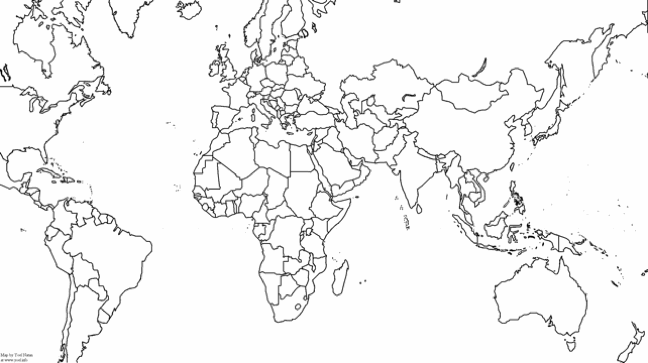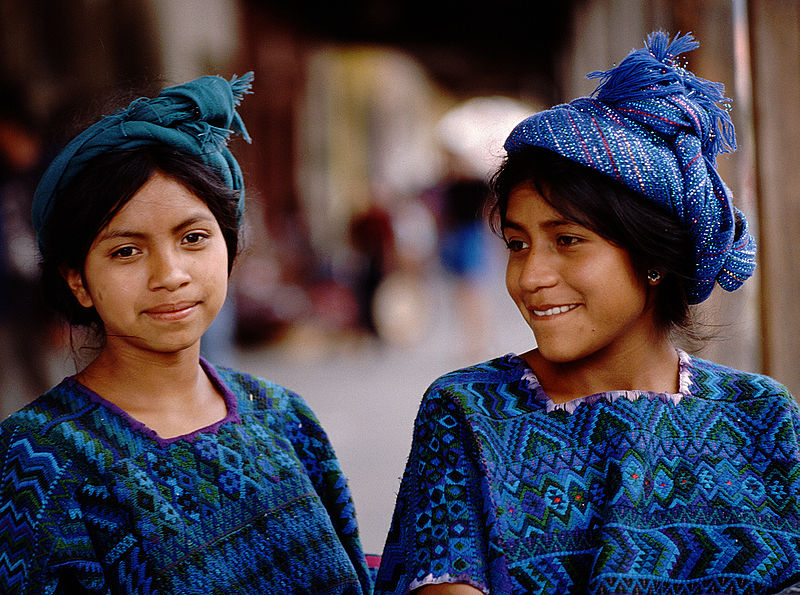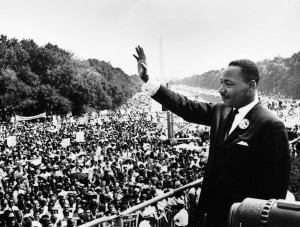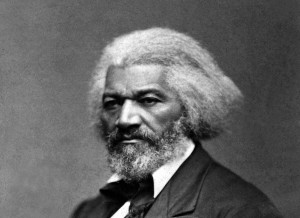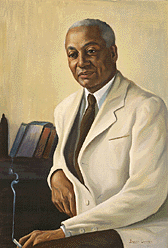-
How old is the idea of abolishing foreignness?
Today it is entirely natural to think that every person in the world is endowed with certain rights, ones that transcend foreignness and apply absolutely universally. We call these “human rights,” and we take them entirely for granted: We believe earnestly that everyone is indiscriminately entitled to them at birth, that we must safeguard them at almost all costs, and that anyone who violates them must be put to justice. Such a line of thinking is so dominant—perhaps even culturally hegemonic, though in a good way, if that is possible—that we may even tend to assume that this has always been true, that is, everyone has always had such rights,…
-
Bartolome de las Casas: An early human rights worker
Bartolome de las Casas is one of those remarkable people in history who arose at the very beginning of the modern human rights movement. A great humanitarian; he learnt human rights in his encounter with the people of Central and South America during the sixteenth century European invasion of the Americas. He used his office as Dominican friar and later Bishop to uphold the human rights of the indigenous peoples of the Americas. Las Casas came to the America’s as part of the colonial expeditions from Spain, arriving in 1502 in Hispaniola (now Haiti and the Dominican Republic), at the very beginning of the encounter between the Europeans and the people of the Americas.…


